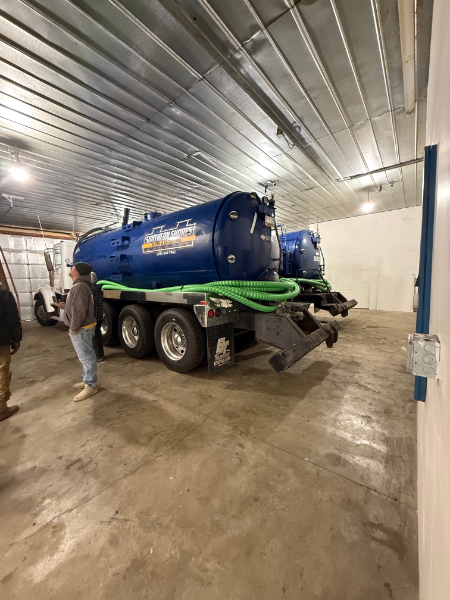7 Tips to keeping your septic system running smoothly
Brought to you by Southern MD professionals in septic and excavating

Septic systems are the backbone of many homes in areas where public sewer systems are not available. These systems are designed to safely and efficiently manage wastewater, so it’s crucial that homeowners take the necessary steps to keep them running smoothly. The following are seven tips to ensure your septic system remains efficient and reliable.
1.Regular Pumping
The first and most critical step in keeping your septic system running efficiently is to pump it regularly. How often the system needs pumping will depend on factors like the size of your tank, the number of people in your household, and how much water you use. As a general rule, it is recommended that you have your septic tank pumped every 3-5 years.
2. Be Mindful of What Goes Down the Drain
While the septic system is designed to manage a wide range of household waste, not everything should be flushed or poured down the drain. Some of the most significant offenders include flushable wipes, cooking oil, medications, and non-biodegradable products. To avoid unwanted clogs or damage to the septic system, only dispose of waste that is safe for septic systems.
3. Use Water Efficiently
Septic systems rely on the natural bacteria in the tank to break down waste. Overuse of water can disrupt the bacteria balance, leading to system failure. Be mindful of your water usage, especially during periods of heavy use, and avoid running appliances like the dishwasher or washing machine all at once.
4. Inspect Your System Regularly
Periodic inspections of your septic system can help detect minor issues before they become major problems. Hire a professional every few years to conduct an inspection of your system and perform any necessary maintenance.
5. Plant Wisely
Planting trees or large shrubs near the septic system can cause significant damage to the system over time. The roots can infiltrate the pipes and wreak havoc on the system, leading to costly repairs. Ensure that any landscaping near the system is suitable for septic tank use.
6. Avoid Driving Over the Drain field
Heavy vehicles, such as cars, trucks, or heavy equipment, can cause severe damage to the septic system. These vehicles can also compact the soil around the system, which inhibits the natural treatment of wastewater. Avoid driving or parking any heavy vehicles over the drain field.
7. Check for Leaks
Finally, be vigilant for signs of leaks in your septic system. Indicators of a potential leak could include foul odors, wet spots or standing water around the drain field.
You might also like
Septic & Excavation Articles





